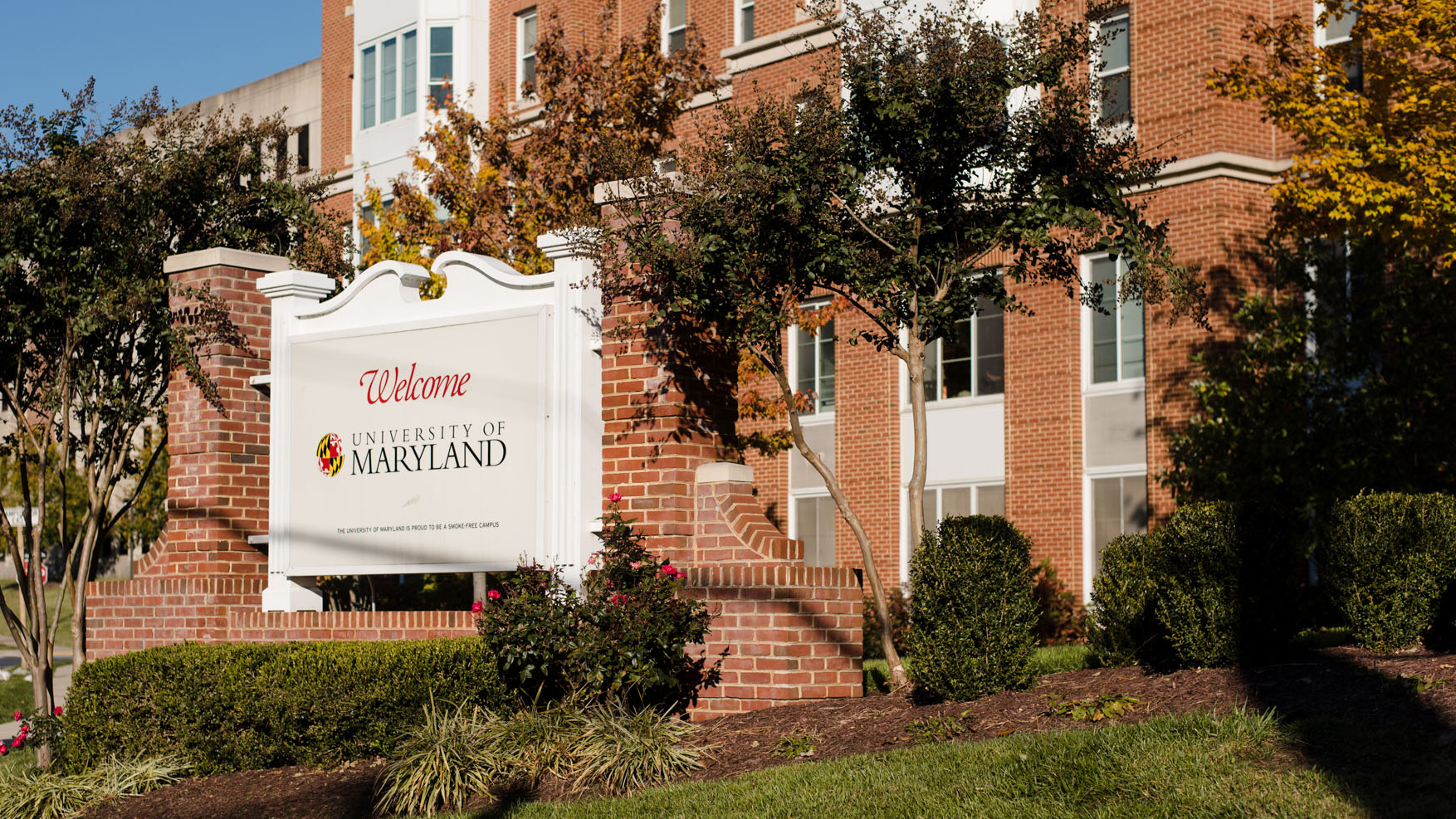By Clara Niel, Christine Zhu and Madison Peek
Staff Writers
Along with a slew of other announcements last month, the University of Maryland indicated that students would be allowed to return to campus if they left for Thanksgiving break, so long as they got tested for COVID-19 upon their return and isolated as much as possible for two weeks.
Last week, though, the school retreated from this plan, instead announcing that students who live in dorms will not be allowed to return to campus if they go home for the holiday. The change left some students and parents frustrated, especially as it came about two and a half weeks before Thanksgiving break is set to start on Nov. 25.
Freshman Elyas Masrour had already purchased Amtrak tickets for his train ride home to Long Island, New York, and the ride back to the campus. He plans to cancel these tickets and get a refund.
“It was definitely frustrating that they said something, and then switched it over to another thing,” the computer engineering major said.
The university’s change of plans came amid a nationwide spike of coronavirus cases. Maryland reported 1,714 new cases on Wednesday, marking the third-highest single day total since the state started tracking the virus’s spread in the state in March.
Prince George’s County continues to see the highest number of total reported cases of any jurisdiction in the state, at 35,146, and has recorded the second-highest number of total fatalities from the virus.
[UMD students weigh returning to campus for spring semester]
An out-of-state student, freshman aerospace engineering major Aidan Pulliam has not been home since moving in at the start of the semester. He originally planned on going home to West Deptford, New Jersey, for Thanksgiving break, but he decided to stay in his dorm for the remainder of the semester after the school’s announcement last week.
However, he wasn’t too upset by the change in plans. He’s made plans to divide cooking meals with his floormates in Prince Frederick Hall, and he says his family is getting a hotel room in the area for the holiday.
“I don’t think the announcement was too late, because it was working with the data they had,” Pulliam said. “I don’t think it was really up to the school to make the announcement this late.”
As laid out in the housing agreement addendum people living in dorms had to sign at the start of the semester, students who choose to leave campus for Thanksgiving break will not receive any refunds, according to a list of frequently asked questions on the university’s website.
Additionally, students who tell the university they plan to travel over the break will have their keycards deactivated and will not be able to enter campus buildings, university President Darryll Pines told The Diamondback in a Wednesday interview.
This guidance does not apply to students who live off-campus or in on-campus apartments, Pines said, as the university does not operate those residences. However, Pines said the university strongly recommends that those students who travel also do not return to College Park.
The university is setting up opportunities for students, staff and students to get tested before they leave for break, Pines said. This will ensure people are safe when they go home, he said, and give the university a sense of the current spread of the virus in the community.
“We feel that this is the appropriate decision to keep our community safe,” Pines said.
[COVID-19 hit the hospitality industry hard. Here’s how College Park hotels are adjusting.]
According to last week’s email, dining halls would be closed over Thanksgiving break. However, according to a Nov. 10 announcement from the Department of Resident Life, students may pick up a hot meal on Thanksgiving from the North Campus Dining Hall. The Commons Shop will also be open with limited hours.
Freshman Keegan Whittle, who will be going home to Baltimore County over Thanksgiving break and staying there until the spring semester, said he wished the university would give students on dining plans some sort of credit back if they are leaving for the holiday, since they paid for an entire semester’s worth of meals.
“But to be fair,” he added, “we didn’t really even know how long we were gonna stay when we started this whole thing.”
The school’s announcement also threw a wrench in parents’ plans for the holiday. Alison Zimet Oxman, a New Jersey mother of a sophomore chemical engineering major at this university, is still figuring out what her family’s Thanksgiving will look like this year.
After the school announced in October that students would be allowed to return to campus after Thanksgiving break if they got tested for the virus and quarantined, Zimet Oxman booked an Amtrak ticket for her son to come home. She’s since refunded the ticket, since she knows her son may not want to come home because taking online classes could be more difficult there.
The family has also considered driving down to College Park to celebrate the holiday, Zimet Oxman said, but they have had to take into account the fact that Maryland is among a number of states New Jersey has placed on a travel advisory list. People visiting those states are asked to quarantine upon their return home.
However, Zimet Oxman said she wasn’t frustrated by the school’s announcement and appreciated that officials are considering students’ health.
“If the school didn’t do something based on the conditions changing, I would have been very, very concerned,” Zimet Oxman said. “I have no problem with them being flexible based on what’s happening around them.”
Senior staff writer Eric Neugeboren contributed to this story.



